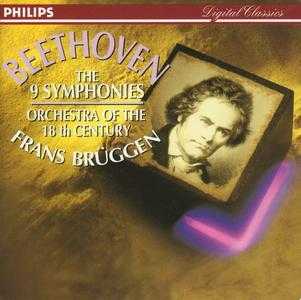
Cecilia Bartoli´s new Norma arrived today. It´s not as bad as I feared, in fact I liked it a little better than her Sonnambula, but it´s surely going to prove controversial.
The main interest is not really Bartoli, but the new critical edition by Riccardo Minasi and Maurizio Biondi (Fabio Biondi´s brother), which has many major differences. Some of this edition has already been heard (and seen) in a Norma on dvd with June Anderson and Daniela Barcellona conducted by Biondi, but in the DECCA recording there are plenty more changes. The great terzetto that closes act 1 is considerably extended, the Norma/Pollione duet too, and every few bars there´s something that surprises.
But what about Bartoli in the title role? She rightly claims that Bellini was wide open to vastly different singers. He originally wrote it for Giuditta Pasta, who might be labeled in our time a mezzo, and then lowered the part a little more for Maria Malibran who soon became his favourite interpreter. The role of Adalgisa contrary to our own tradition originally was meant for a lyric coloratura, Giulia Grisi, for whom Bellini composed Elvira in I Puritani and Donizetti Norina in Don Pasquale, and she later became a famous Norma herself. I think the issue is not so much if Norma should be sung by a soprano or a mezzo, but if the singer has what it takes.
The problem with Bartoli is that she remains pretty much Cecilia Bartoli, she still sounds the youthful girl next door, a Rosina or a Cherubino, but there is a want of authority, this is not the voice of a priestess who is about to kill her children in rage, this is the voice of a girl who just asked for a coffee at her local Starbucks. Phrases like "Trema per te fellon, pe´figli tuoi" lack the venom of a Callas. The casting of Sumi Jo as Adalgisa can not be faulted on vocal terms, she must have a similar voice to that of Grisi, her problem is that she never sounds idiomatic in Italian, her diction is indistinct, just compare what the great Ebe Stignani did with the words, and in the big duets she and Bartoli sound too much alike, just like sisters.
I liked much more the Pollione of John Osborn who recently recorded Guillaume Tell with Pappano. It is also true that the original Pollione, Domenico Donzelli, was a Rossini tenor who sang Barbiere and Cenerentola, we would never imagine Mario del Monaco or Jon Vickers singing those operas, and Osborn does well, even if the decorations in his cabaletta test him beyond his comfort zone.
Biondi and Minasi also researched very carefully the tempi according to the different manuscripts and the information available. Some of them are much faster than what we are used to, notably the end of the Adalgisa/Pollione duet, but then that´s also the case with the Beethoven symphonies.
The conductor Giovanni Antonini is better known as the music director of Il Giardino Armonico, one of the best Italian baroque ensembles. It is obvious that he loves Norma, he lavishes every care on the score and is very attentive to his singers, what he lacks perhaps is more experience in the theatre, how to bring the drama to life.
I can see half of the people hating and the other half loving this recording. Bartoli aficionados will stand by her diva of course, though not a few will run to the many Callas performances for cleansing.
I think Joyce DiDonato was more successful in returning Maria Stuarda to the mezzo fach, maybe not so much on vocal abilities alone, but rather because she really became the Scottish Queen on stage. La Bartoli for all her accomplishments only managed to write some footnotes on the glorious score of Norma.




